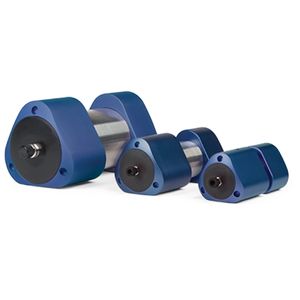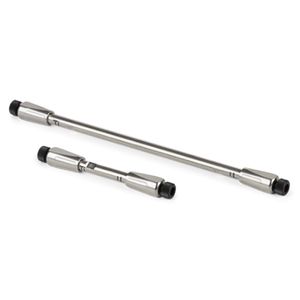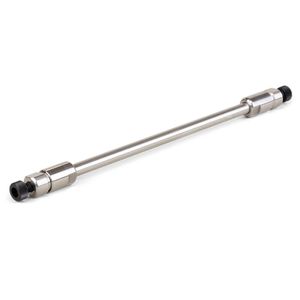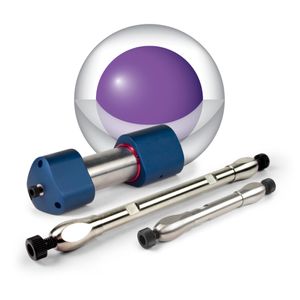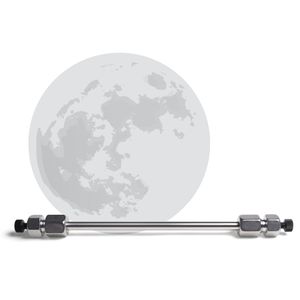
TCF-3 (E-2) | Santa Cruz Biotechnology
mouse monoclonal IgG1; TCF-3 Antibody (E-2) is an IgG1 κ mouse monoclonal TCF-3 antibody (also designated TCF3 antibody, TCF7L1 antibody, or transcription factor 7 like 1 antibody) that detects the TCF-3 protein of mouse, rat and human origin by WB, IP, IF and ELISA. TCF-3 Antibody (E-2) is available as both the non-conjugated anti-TCF-3 antibody form, as well as multiple conjugated forms of anti-TCF-3 antibody, including agarose, HRP, PE, FITC and multiple Alexa Fluor® conjugates. The TCF/LEF family of transcription factors are activated by the Wnt-1 and Wingless pathways and are characterized by the presence of a conserved protein motif, the high mobility group (HMG) 1 box, which mediates DNA binding. The TCF (T cell factor) proteins are required during developmental pathways. TCF-1 is essential for lymphoid cell development, while two other members, TCF-3 and TCF-4, are implicated in the development of the central nervous system. The Wnt mediated signaling pathway induces cytosolic β-catenin binding to TCF proteins within the nucleus, leading to the enhanced expression of the Wnt target genes. The β-catenin-TCF complexes are negatively regulated by the adenomatous polyposis coli (APC) tumor suppressor protein, which phosphorylates β-catenin and, in turn, increases the degradation of cytosolic β-catenin to, thereby, inhibit the activity of TCF proteins. Mutations in the APC gene, which are commonly observed in colorectal carcinomas, disrupt this regulatory pathway and correlate with an accumulation of β-catenin and the increased activation of the TCF target genes.












































